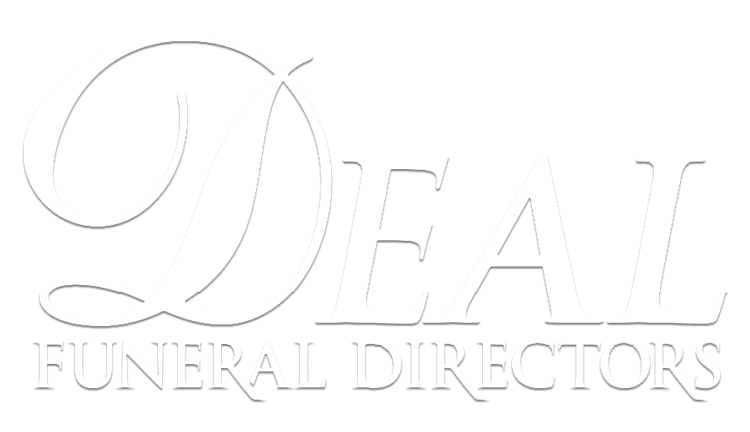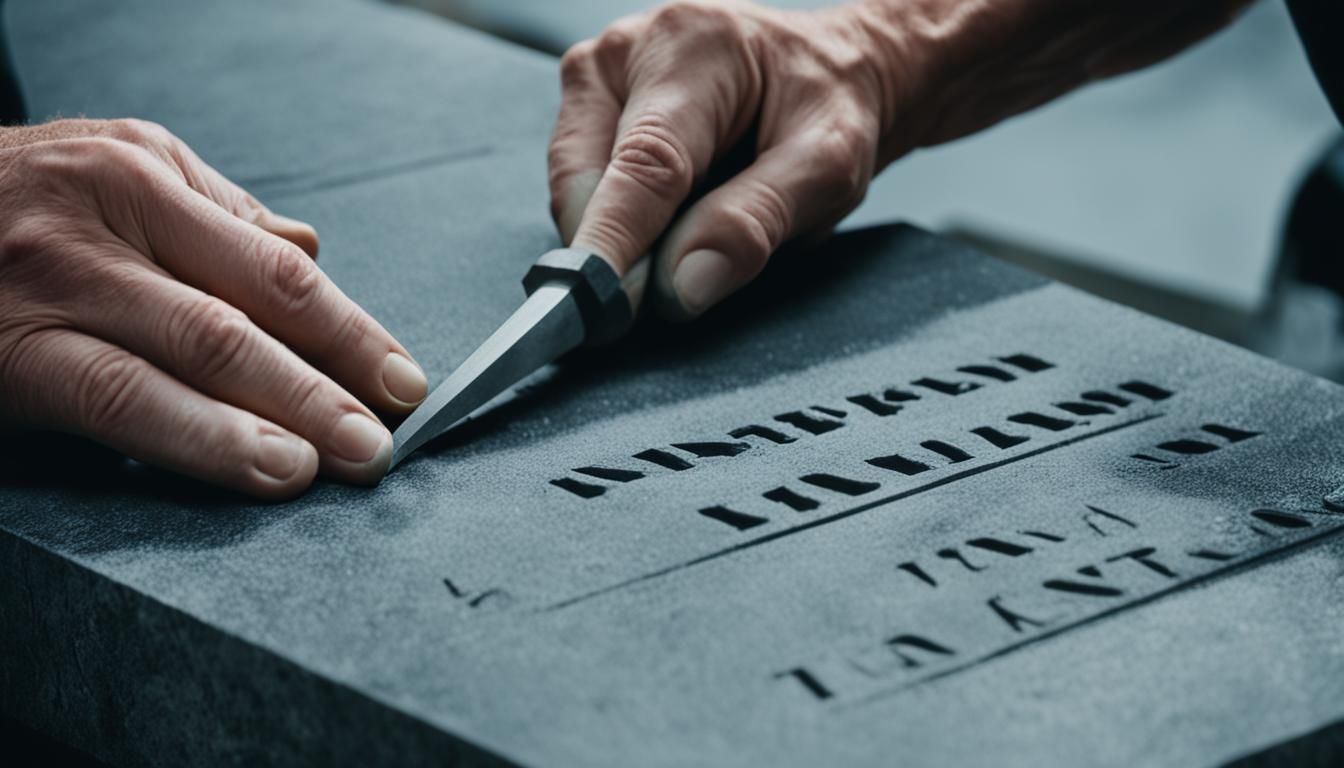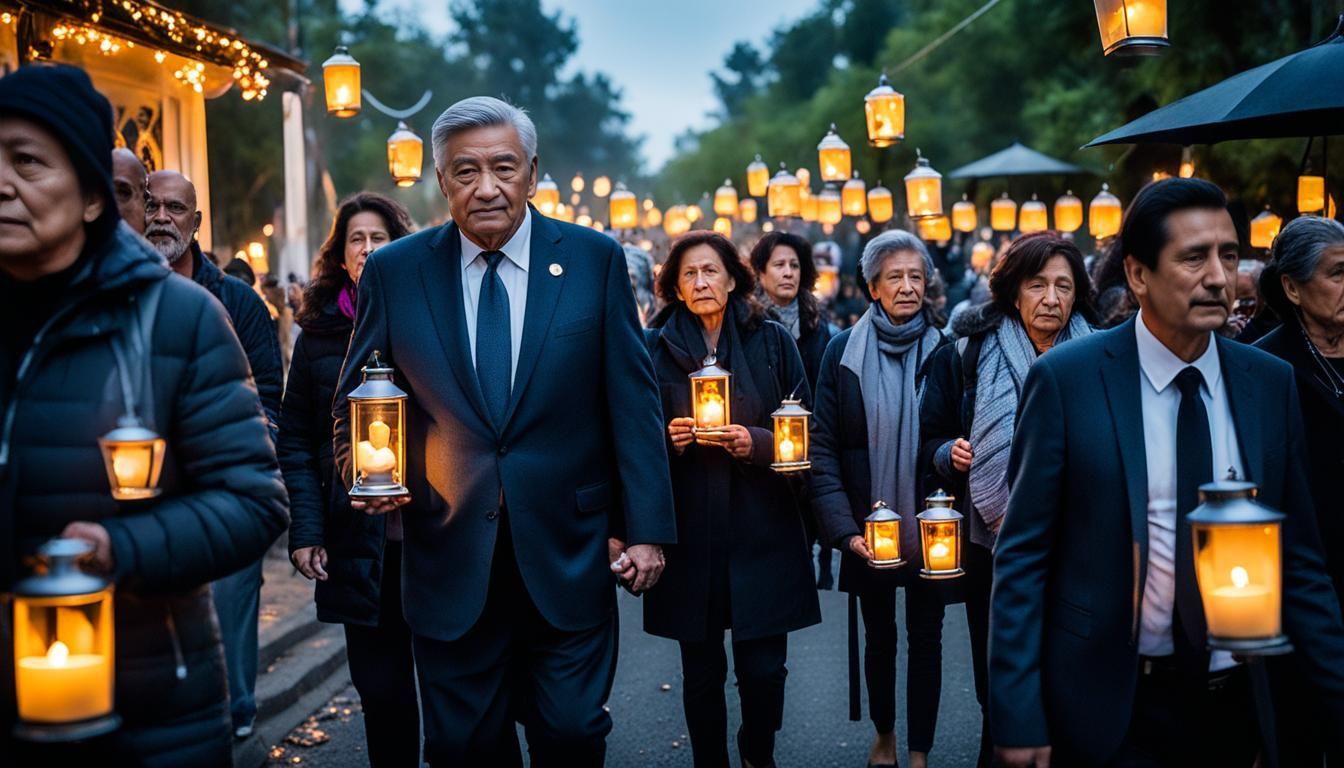Essential End-of-Life Tips for Veterans | Our Guide
Essential End-of-Life Tips for Veterans | Our Guide
Have you thought about making sure your last wishes are honored and your family avoids stress? For veterans, planning for the end of life is about more than choices. It's about celebrating a lifetime of service and ensuring a farewell with dignity.
End-of-life care for veterans takes care of many needs. These include physical, mental, emotional, spiritual, and practical aspects. It's not just about the last moments. Care may last days or months, based on if someone chooses to be at home or in a hospital. Managing pain, breathing issues, skin troubles, and stomach problems can be helped with medication and good care. It's also important to tackle mental and emotional distress, with treatments available for serious depression or anxiety.
It's crucial to plan legally by making advance directives like living wills and naming someone as durable power of attorney for health. The NIA has a seven-week email series called Ready, Set, Plan! A Weekly Guide to Advance Care Planning. It helps organize your personal, financial, and health info. It's a good idea to review these plans annually, especially after big life changes. A lawyer should be consulted for legal issues. Free legal help can be found through local bar associations or the Eldercare Locator.
Key Takeaways
- Providing end-of-life care for veterans means addressing physical, mental, practical, and spiritual needs.
- It's important to have annual reviews and legal documents like advance directives and a durable power of attorney for health care.
- Seeking advice from a lawyer and using resources such as the Eldercare Locator is helpful.
- Proper preparation can reduce stress for families and ensure a veteran’s wishes are followed.
- The NIA's Ready, Set, Plan! email series is a great tool for organizing important info.
Veteran End-of-Life Planning: Key Considerations
Planning for a veteran's end-of-life involves many steps. It's about ensuring they get the dignity and care they deserve. This includes meeting their physical and emotional needs. It also covers legal preparations and where the care takes place.
Understanding Veterans' Health and Emotional Needs
Health challenges can be unique for veterans due to their service. Effective pain management is vital. It might include medications like morphine. Careful monitoring for distress signs is also crucial.
Counseling can provide vital emotional support. It helps veterans handle end-of-life fears and anxieties. Making sure their mental health needs are met is key for thorough care.
Preparing Legally: Wills, Trusts, and Advance Directives
Legal papers are a big part of planning for a veteran's end. Wills, trusts, and advance directives help clarify their wishes. A health care power of attorney can ensure decisions reflect their preferences.
Getting these documents ready ahead of time takes pressure off families in tough times. It ensures wishes are respected and legally sound.
End-of-Life Preferences: Hospital or Home Care
Choosing where to receive end-of-life care is important. Some prefer staying home for comfort. Others choose hospitals for better medical access.
It's essential to make these choices known to doctors and family. This ensures care matches the veteran’s wishes.
| Benefit | Details |
|---|---|
| Burial Flag | Each family of a deceased eligible Veteran in the U.S. Armed Forces is entitled to receive a burial flag. |
| Presidential Memorial Certificate | A certificate signed by the President to honor the memory of deceased Veterans. |
| Burial Expenses | Benefit rates differ based on whether the Veteran's death was service-connected or non-service-connected. |
| Dependency and Indemnity Compensation (DIC) | A monthly tax-free benefit for eligible surviving spouses, children, and parents of deceased Service members. |
| Special Monthly Pension Benefits | Additional funds for certain survivors needing aid and attendance or are housebound. |
| Homeownership Assistance | VA supports surviving spouses in buying, building, repairing, or retaining a home. |
Prepping for veteran end-of-life choices is essential. It includes arrangements for military funeral honors and benefits. This ensures our veterans are honored properly. It also supports their families during hard times.
3 Things Veterans Need to Know about End of Life Arrangements
It's important for veterans to understand how to prepare for end-of-life matters. They can ensure their service is honored correctly by knowing their benefits and options. Here are three key things veterans should know about these arrangements.
Veteran Funeral Benefits and Options
Veterans and their loved ones can access many funeral benefits through the VA. Benefits include burial in a national cemetery, a headstone or marker, and a burial flag. Families may also receive VA burial allowances to help with funeral and burial costs. Additionally, Survivors Pension and the Dependency and Indemnity Compensation (DIC) provide financial support to eligible family members.
Military Funeral Honors and Memorials
Military funeral honors are an important recognition of a veteran's service. These honors involve covering the casket with the U.S. flag, presenting the flag to survivors, and playing taps. All veterans are entitled to these honors, thanks to Public Law 106-65, ensuring their service is remembered. Families can also request a Presidential Memorial Certificate and a government headstone or marker to honor the veteran's legacy.
Also, veterans receiving VA compensation or pension benefits at the time of death help their spouses. They do this by providing automatic payments for the month of death benefits. This financial support is crucial, showing care for the partners of those who served.
| Benefit | Description | Eligibility |
|---|---|---|
| Burial in National Cemetery | VA provides burial space at no cost. | Veterans, their spouses, and dependents. |
| Headstone or Marker | Provided by VA at no cost. | Veterans, eligible spouse, or dependents. |
| Military Funeral Honors | Includes flag draping, flag folding, and taps. | All eligible veterans. |
| DIC | Tax-free monthly benefit. | Surviving spouses, children, or parents. |
| VA Burial Allowance | Partial reimbursement for burial costs. | Eligible veterans. |
Why End-of-Life Planning is Crucial for Veterans
End-of-life planning is vital to honor veterans' wishes and give them peace of mind. It eases the load on relatives who face tough decisions when grieving. Today, around 41% of baby boomers and half of all Americans pass away without a legal will, showing the need for good planning.
Veterans should start by preparing for end of life as a veteran by setting out their care and burial choices. This step includes handling legal and financial matters, offering clear guidance for family members. Sadly, under one-third of Americans have filled out advance directives, leaving important healthcare choices to be made in hard times. Taking these steps early ensures veterans' healthcare wishes are respected.
They should also look into benefits like Dependency and Indemnity Compensation (DIC) and Veterans Affairs Life Insurance (VALife). Veterans under 80 with any service-connected disability can get up to $40,000 through VALife. Those 81 and older have slightly different rules but can still access these benefits.
The role of veterans and funeral arrangements is incredibly important. Detailed plans can greatly reduce stress for families. The VA manages 155 national cemeteries, providing free burial benefits. These include grave services, a government headstone, marker, burial flag, and military honors. This support offers significant comfort in tough times.
Exploring health and insurance options is also key. Veterans can maintain term life insurance of up to $500,000 with Veterans’ Group Life Insurance (VGLI) post-service. The benefits may cover cremation and burial at sea. These options ensure respect for personal wishes and traditions.
Half of Americans skip making end-of-life plans, leaving tough choices for their families. Planning ahead with VA and similar services helps veterans protect their legacies and ease their families' burdens. By outlining their wishes and using benefits like the Survivors Pension , veterans offer clear instructions. This reduces both emotional and financial stress.
Conclusion
End-of-life planning is vital for veterans, ensuring a respectful end to their life’s journey. By planning early, veterans can handle health care, legal matters, and end-of-life wishes smoothly. VA Life Insurance offers up to $40,000 for veterans under 80, regardless of disabilities.
Veterans older than 81 may qualify for VALife in certain cases. If they're willing, Veterans’ Group Life Insurance (VGLI) offers up to $500,000 coverage. This helps with financial security for veterans and their families.
Knowing about veteran funeral benefits is also key. The VA oversees 155 national cemeteries, offering full burial services. Also, the Dependency and Indemnity Compensation (DIC) program supports veterans' survivors with tax-free money. This planning honors veterans’ legacies and lightens the load on their families.
In summary, thorough end-of-life planning gives veterans a dignified farewell. It's crucial to understand healthcare, legal issues, and end of life arrangements. By knowing about funeral benefits and military honors, veterans ensure their final wishes are respected. This careful planning eases the journey for them and their loved ones, leaving behind a proud legacy.
FAQ
What should veterans consider regarding their health and emotional needs at the end of life?
Caring for veterans at the end of life means looking after their physical, mental, and spiritual needs. It might last from days to months before death. Handling pain, offering medicine for discomfort, and helping with mental distress are key.
Counseling and talking about fears of death matter too.
How should veterans legally prepare for end-of-life arrangements?
Veterans should set up wills, trusts, and advance directives to have their final wishes followed. These legal steps guide families and doctors, making hard choices easier during sorrow.
What end-of-life care preferences should veterans communicate?
Veterans need to talk about where they wish to receive care—home or hospital. Staying at home might feel best for some, while others prefer a hospital for immediate medical access. Sharing these choices with doctors and family is crucial.
What funeral benefits and options are available through the VA?
The VA offers burial in national cemeteries, headstones, flags, and Presidential Memorial Certificates for veterans. These honors celebrate their dedication and sacrifices.
What are military funeral honors and how can they be arranged?
Military funeral honors include a flag draping and playing taps, saluting the veteran's commitment. Families can arrange these tributes with funeral homes or the VA.
What financial benefits are available to families of veterans?
Families might get burial benefits and a month-of-death payment to help with expenses. They may also qualify for DIC, Survivors Pension, and VA Life Insurance. These supports offer financial relief.
Why is making end-of-life arrangements important for veterans?
Making end-of-life plans helps give everyone peace of mind. It makes sure a veteran's final wishes are respected. It also lessens the worry and work for families. Veterans can outline their care wishes, handle legal things, and plan their funerals or memorials.
Source Links
- https://www.nia.nih.gov/health/advance-care-planning/getting-your-affairs-order-checklist-documents-prepare-future
- https://vets.franklincountyohio.gov/things-to-know-and-do-before-a-veteran-dies-(1)
- https://trustandwill.com/learn/end-of-life-planning-checklist
- https://www.benefits.va.gov/BENEFITS/docs/VASurvivorsKit.pdf
- https://www.wehonorveterans.org/wp-content/uploads/2020/02/Plenary2_curr.pdf
- https://www.dovetopeka.com/Blog/4159/veteranbenefits
- https://cms5.revize.com/revize/clintoncountyvsc/Things to Know and Do Before a Veteran Dies.pdf
- https://thedenverhospice.org/5-reasons-why-you-should-plan-ahead-for-the-end-of-life/
- https://news.va.gov/118845/end-of-life-planning-with-va/
- https://news.va.gov/118845/end-of-life-planning-with-va










